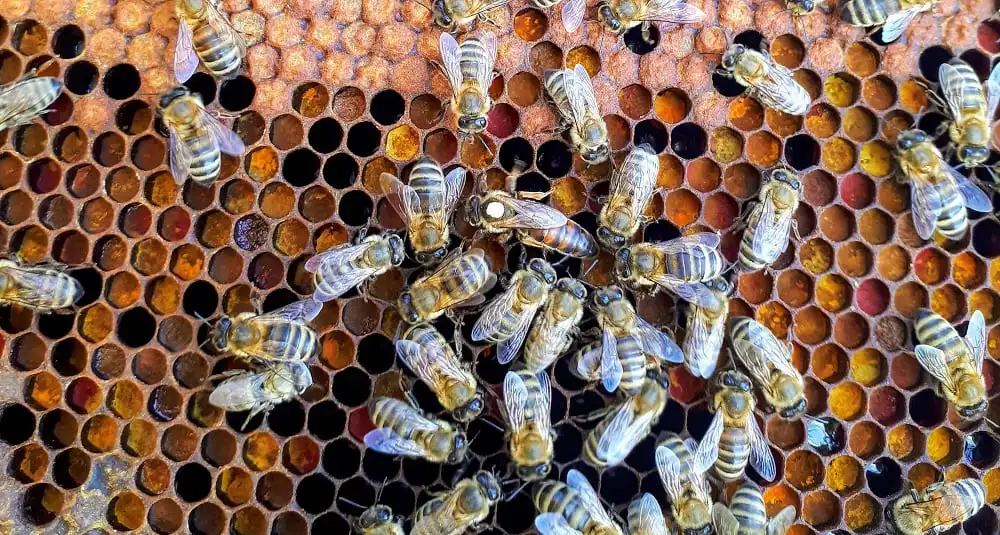Do bees sting?
Last Updated:
Yes, bees sting. Stinging is a defensive reaction designed to protect the colony from perceived threats. Only female bees, known as workers, have a stinger with a venom sac. When a bee stings, the stinger often gets stuck in the victim’s skin, releasing venom and causing the bee’s death.
Bee venom contains compounds that cause immediate pain, redness and swelling around the stung area. Most people experience temporary pain and a mild local reaction, but some people can be allergic to bee venom, which can cause a more severe reaction called anaphylaxis, requiring prompt medical intervention.
It’s important to note that bees don’t sting for no reason. They generally only attack when they feel threatened or when their hive is in danger. Bees play a crucial role in the pollination of plants, contributing to the production of fruit, vegetables and many other crops. So it’s essential to treat them with respect and not disturb them unnecessarily.
To avoid bee stings, it’s advisable to remain calm and not wave your arms if a bee approaches. Avoid wearing brightly-colored clothing or strong perfumes, which can attract bees. If you find a hive or swarm, it’s best to contact a professional beekeeper to remove it safely.
Bees sting to defend themselves, but they are not naturally aggressive towards humans. Their role in the ecosystem is vital, and it’s important to protect them and coexist harmoniously with them.
nature

Do bees sting?
Answer
Yes, bees sting to defend themselves. Their sting releases venom, which can cause temporary pain and a local reaction.